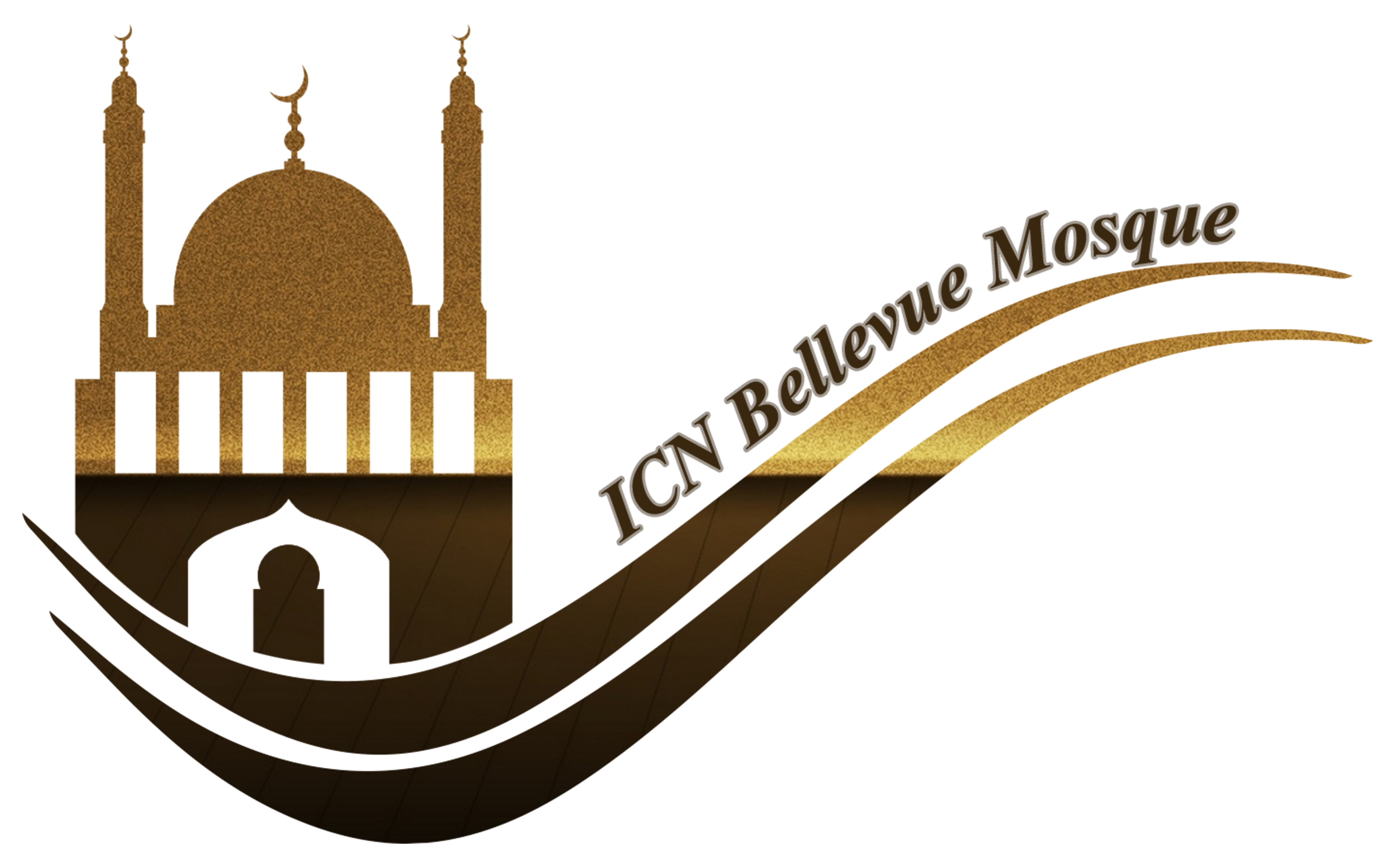Frequently Asked Questions
What is Islam?
Islam is not a new religion, but the same truth that God revealed through all his prophets to every people. For a fifth of the world’s population, Islam is both a religion and a way of life. Muslims follow a religion of peace, mercy, and forgiveness.
Who are the Muslims?
One billion people from a vast range of races, nationalities, and cultures across the globe – from the southern Philippines to Nigeria – are united by their common Islamic faith. About 18% live in the Arab world; the world’s largest Muslim community is in Indonesia; substantial parts of Asia and most of Africa are Muslim, while significant minorities are to be found in Russia, China, North and South America, and Europe.
What do Muslims believe?
Muslims believe in one, unique, incomparable God; in the angels created by Him; in the prophets through whom His revelations were brought to mankind; in the Day of Judgment and individual accountability for actions; and in God’s complete authority over human destiny and life after death. Muslims believe in a chain of prophets starting with Adam and including Noah, Abraham, Ishmael, Isaac, Jacob, Joseph, Job, Moses, Aaron, David, Solomon, Eias, Jonah, John the Baptist, and Jesus, peace be upon them (PBUT). But God’s final message to man, a reconfirmation of the eternal message was revealed to the prophet Muhammad, peace be upon him (PBUH), through Gabriel.
Why does “Islam” seem strange to Westerners?
Islam may seem exotic or even extreme in the modern world. Perhaps this is because religion does not dominate everyday life in the West today, whereas Muslims have religion always uppermost in their minds, and make no division between secular and sacred. They believe that Divine Law, the Shari’a, should be taken seriously, which is why issues related to religion are still so important.
Do Islam and Christianity have different origins?
No. Together with Judaism, they go back to the prophet and patriarch Abraham, and their three prophets are directly descended from his sons – Muhammad (PBUH) from the eldest, Ishmael, and Moses and Jesus from Isaac (PBUT). Abraham established the settlement which today is the city of Makkah (Mecca), and built the Ka’ba towards which all Muslims turn when they pray.
What is the Quran?
The Quran is a record of the exact words revealed by God through the Prophet Muhammad (PBUH). It was memorized by Muhammad (PBUH) and then dictated to his Companions, and written down by scribes, who cross-checked it during his lifetime. Not one word of its 114 chapters, Suras, has been changed over the centuries, so the Quran is in every detail the unique and miraculous text which was revealed to Muhammad (PBUH) fourteen centuries ago.
What are the “Five Pillars” of Islam?
They are the framework of Muslim life: faith, prayer, concern for and almsgiving to the needy, self-purification through fasting, and the pilgrimage to Makkah for those who are able.
Faith (Shahada); there is no god worthy of worship except Allah (Arabic for God) and Muhammad is His messenger. This declaration of faith is called the Shahada.
Prayer (Salat); there are five obligatory prayers which are performed five times a day. There is no hierarchical authority in Islam, and no priests, so the prayers are led by a learned person who knows the Quran, chosen by the congregation. Prayers are a direct link between the worshiper and God. Prayers are performed at dawn, noon, mid-afternoon, sunset and nightfall. Although it is preferable to worship together in a mosque, a Muslim may pray almost anywhere.
Almsgiving (Zakat); an important principle in Islam is that all things belong to God, and that wealth is therefore held by mankind in trust. Our possessions are purified by setting aside a proportion for those in need. Each Muslim calculates his or her own zakat individually.
Fasting (Saum); every year in the month of Ramadan, all Muslims fast from first light until sundown, abstaining form food, drink and sexual relations. Those who are sick, elderly or traveling and women who are pregnant or nursing are permitted to break the fast and make up an equal number of days later in the year. If they are physically unable to do this, they must feed a needy person for each day missed.
Pilgrimage (Hajj); the annual pilgrimage to Makkah is an obligatory only for those who are physically and financially able to perform it. The annual Hajj begins in the twelfth month of the Islamic year (which is lunar, not solar, so that Hajj and Ramadan fall sometimes in summer, sometimes in winter). Pilgrims wear special clothes: simple garments that strip away distinctions of class and culture, so that all stand equal before God.
The rites of the Hajj, which are Abrahamic in origin, include circling the Ka’ba seven times, and going seven times between the mountains of Safa and Marwa as did Hagar during her search for water. Then the pilgrims stand and join in prayer for God’s forgiveness. Millions go to Makkah each year from every corner of the globe providing a unique opportunity for people of different nationalities to meet one another.
